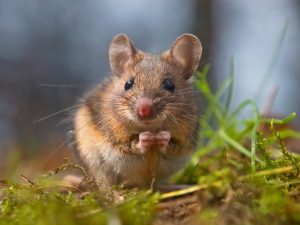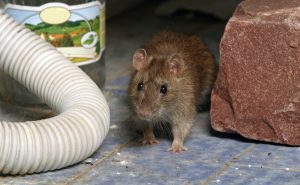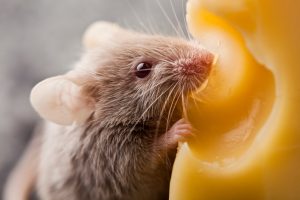Understanding Mouse Gestation and Birth
Mice are known for their rapid reproduction rates. Their gestation period is typically about 19 to 21 days, and a female mouse can give birth to a litter of six to eight babies, known as pups. Remarkably, a female can become pregnant again just five days after giving birth, which can lead to a significant increase in population in a very short period.
Growth Phases of Mouse Pups
After birth, mouse pups are blind, deaf, and dependent on the mother for warmth and nourishment. Within two weeks, the pups develop fur and open their eyes, becoming more independent and beginning to explore their environment. By the age of three weeks, they are weaned and start eating solid food, gradually preparing to fend for themselves.
Adolescent Stage of Mice
Once weaned, young mice enter adolescence, where they continue to grow and develop. This phase is critical as the mice mature sexually and become capable of reproduction. By six to eight weeks, these mice are fully grown adults and can start the reproduction cycle, contributing to the population.
Adult Mice and Their Behaviors
Adult mice are nocturnal and active at night when searching for food, water, and nesting materials. Their nocturnal nature can make them less noticeable in the daytime, often leading to unseen infestations that can grow significantly before detection.
Lifespan and Survival Strategies
In the wild, mice typically live for about a year due to predation and harsh environmental conditions, but in protected environments like homes or labs, they can live up to two to three years. Their ability to hide and reproduce quickly makes them formidable pests in domestic and commercial environments.
Signs of a Mouse Infestation
Recognizing the signs of a mouse infestation is vital for timely intervention. Common indicators include droppings, gnawed plastic or furniture, scratching noises, and nests made from shredded paper or other fibrous material. If you notice any of these signs, it’s essential to take immediate action to control the population.
Why Choose Birch Fumigators for Your Mouse Extermination Needs
When facing a mouse infestation, professional intervention is often necessary to eradicate the problem and prevent future occurrences. Birch Fumigators offers expert extermination services tailored to manage and eliminate mouse populations effectively. With a deep understanding of mouse life cycles and behaviour, Birch Fumigators employs strategic methods targeting mice at different life cycle stages, ensuring thorough removal from your property—trust Birch Fumigators to provide reliable, efficient service and keep your home or business mouse-free.






